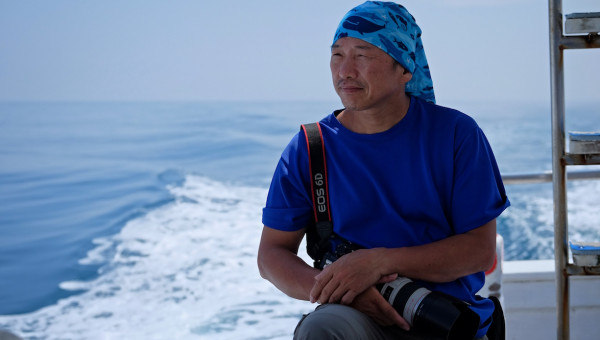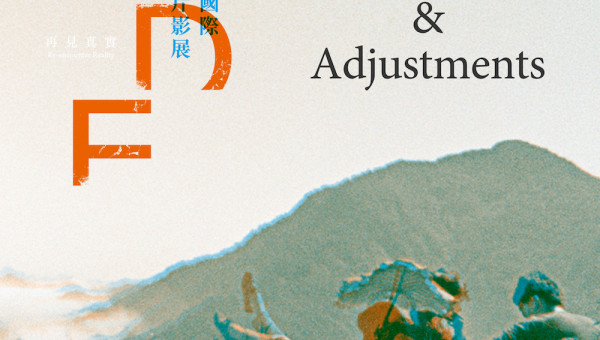SEA of Sadness – Biggest show of South East Asian Documentary at TIDF 2018
The Taiwan International Documentary Festival, TIDF, will be held from 4 May to 13 May 2018. Celebrating its 20th anniversary, TIDF presents a diverse programme with a record number of 170 films, among them 35 films from South East Asian in its Focus Programme. Under the enigmatic title SEA of Sadness, guest-curator Gertjan Zuilhof presents outstanding films from Indonesia, Malaysia, Myanmar, Thailand, and Vietnam, among them world premieres as well as classical works by master directors. It is the most comprehensive show of South East Asian documentary in TIDF’s history.
South East Asia is a region that has moved onto Taiwan’s political and economic agenda in recent years. Thus, TIDF’s focus programme comes at the right time, offering a glimpse into South East Asia’s vibrant cultural life with its bold and creative contemporary cinema. Curator Gertjan Zuilhof did not attempt to present a balanced overview of South East Asian cinema. As he explains his ideas for selection: “All the films are sensitive and personal and go deep into the memories and hopes of the people in the countries they are made in.” The result is SEA of Sadness, an exciting selection of films, made over a period of 15 years, combining classical masterpieces and contemporary work by young directors, feature-length films and shorts, including all genres from “pure” documentary to experimental shorts, videos, and even fiction films.
There is the 11 hour-classic Evolution of a Filipino Family (2004) by Philippine director Lav Diaz, a touching black and white portrait of a Philippine family covering sixty years of family and political history. There is the shocking 3 minute animation Orphan (2017) by young Philippine director Anna Isabelle Matutina, in which a girl-puppet recalls how her parents were killed in President Duerte’s war on drugs. There are three films by Thailand’s most outstanding female director Pimpaka Towira, whose beautiful films point at the political oppression in her country. Two focus programmes highlight eminent directors: Roxlee, the pioneer of independent film animation in the Philippines, and Ho Yuhang, an internationally-awarded young filmmaker from Malaysia. Ho’s short film No one is Illegal (2011) broaches the subject of the sometimes tense relationship between Malaysia and Indonesia.
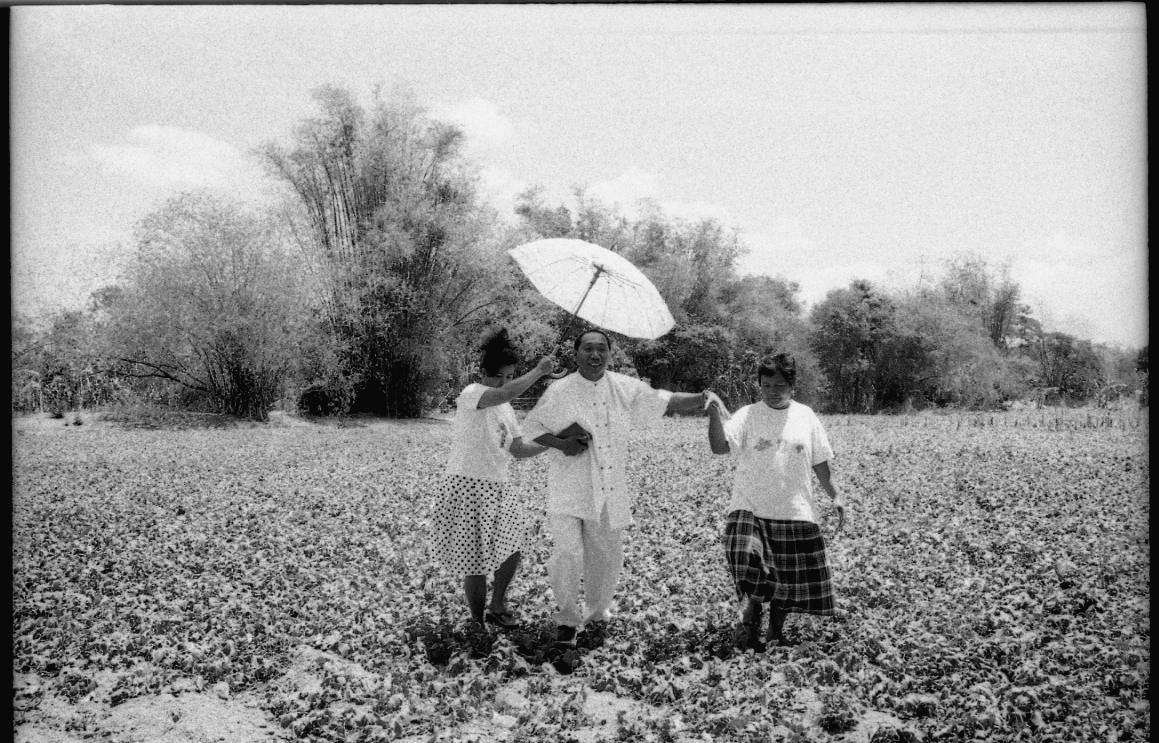
Evolution of a Filipino Family (2004)
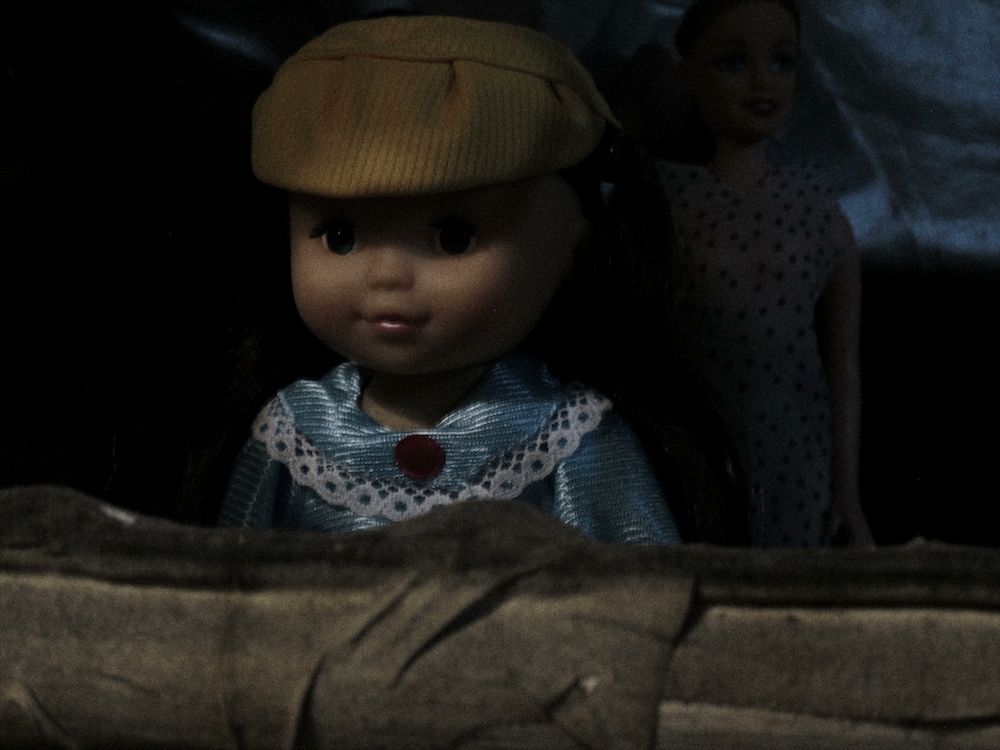
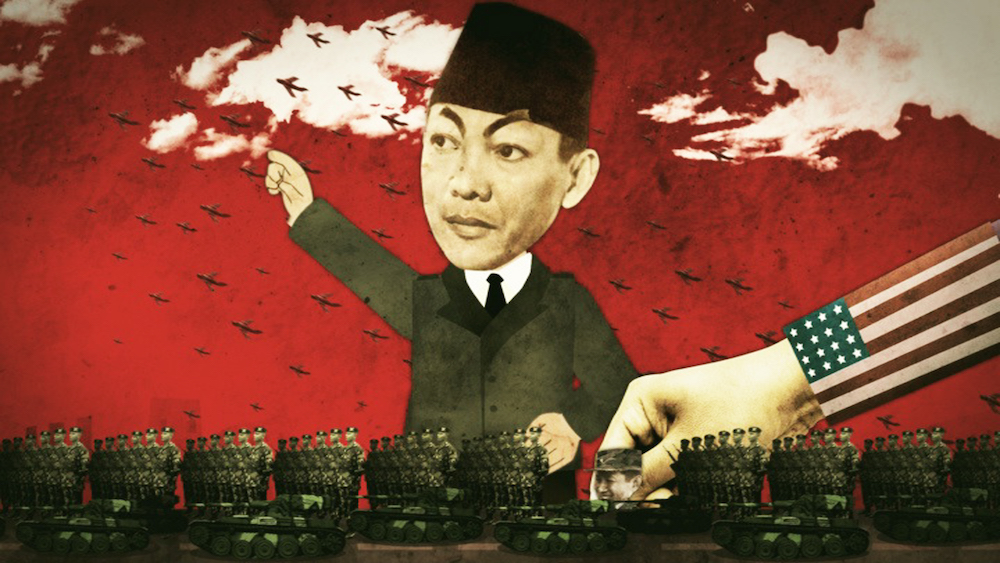
Orphan (2017), No one is Illegal (2011)
Another focus is Indonesia. Zuilhof chose nine films, which paint a panorama of Indonesian society and tackle some of its most pressing issues: The increasing influence of religion, the suffocating system of censorship, the daily struggle for survival in Indonesia’s slums, and the unhealed wounds of colonialism. Edwin, Indonesia’s most prominent director, is presented with Hortus (2014) and with his influential work Blind Pig Who Wants to Fly (2008), which describes the plight of Indonesia’s Chinese minority. Due to its sensitive topic, it was banned in Indonesia.
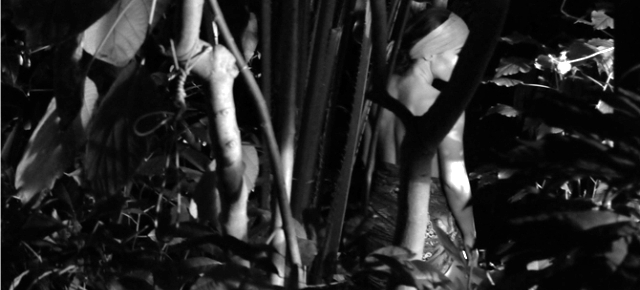
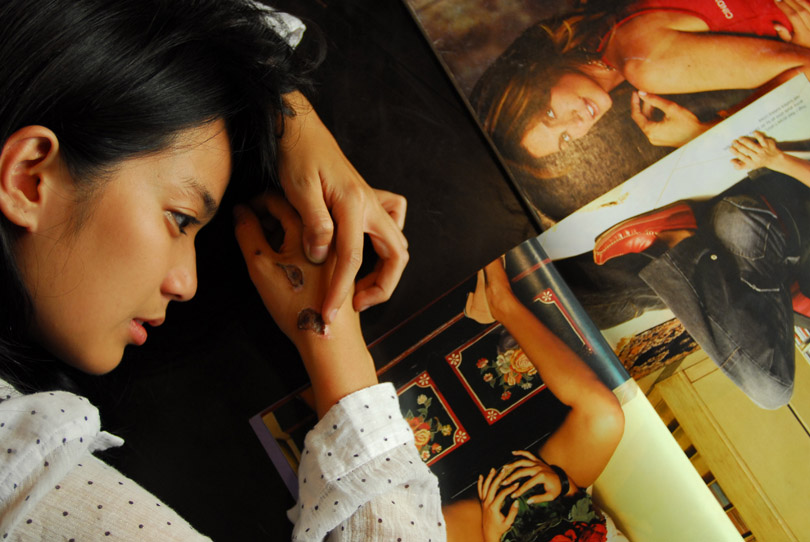
Hortus (2014), Blind Pig Who Wants to Fly (2008)

